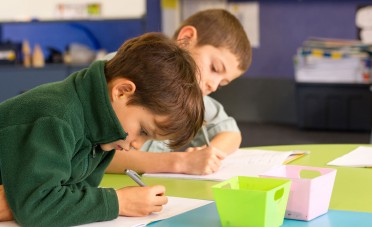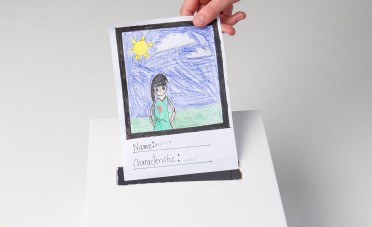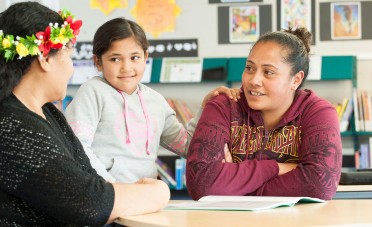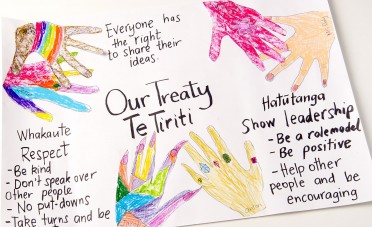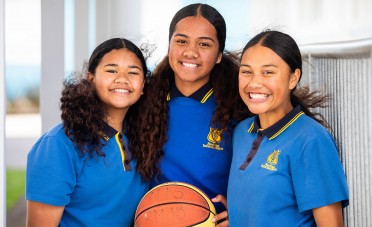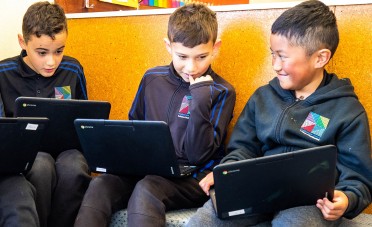Supportive environments: Rights, responsibilities, and actions
Rights, responsibilities, and actions offers kaiako and ākonga a framework for:
- identifying and describing the rights and responsibilities of all ākonga and kaiako within the classroom community
- examining how kaiako and ākonga attitudes, values, and actions affect the classroom environment
- identifying an aspect of the classroom environment that can be enhanced and implementing a plan to achieve this.
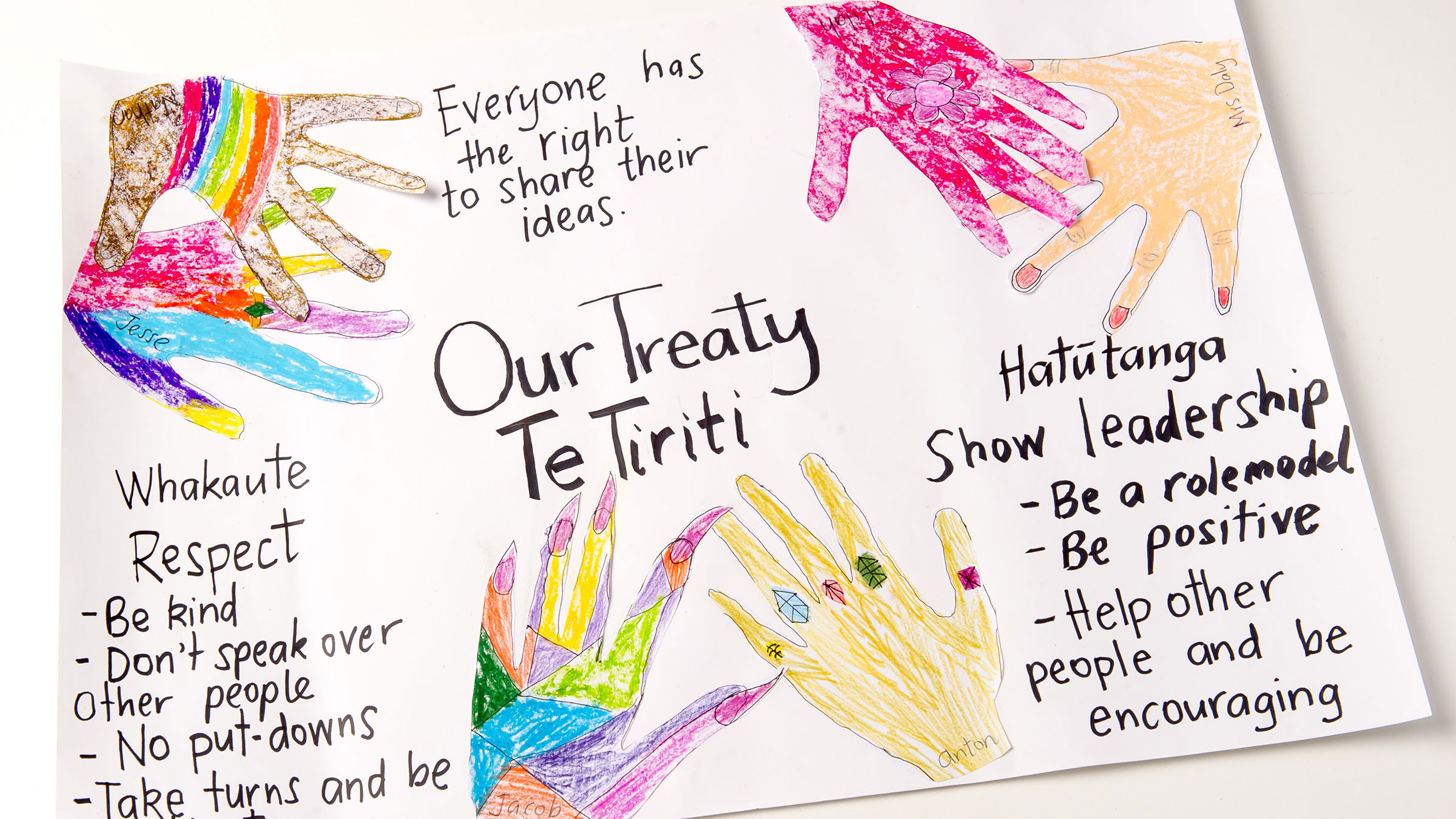
Understanding ourselves and getting on together — Activity collection
This resource is part of the Understanding ourselves and getting on together collection.
Possible learning activities
Working in small groups, ākonga reflect on their recent learning experiences. They construct a treaty or poster that identifies their rights and those of others in the class; for example, the right to be accepted, listened to, and included and the reciprocal responsibilities that accompany these; for example, the responsibility to be assertive, to respect other people’s mana and rights, and not to bully or harass others.
Ākonga can also include the attitudes and values needed to achieve a positive classroom environment and how these values can be demonstrated by actions.
Ākonga can identify any rights and responsibilities that are not currently being met as well as they could be. They develop a plan of action to improve or implement these and evaluate this plan after an appropriate interval of time.
Cultural and diversity considerations
All ākonga are part of wider whānau, hapū, iwi, and other community groups. Culturally capable kaiako and tumuaki know, value and integrate the cultural capital of their ākonga into the work of creating positive classroom communities. Classroom programmes dealing with mental health should be sensitively developed so that they respect and reflect the diverse values and beliefs of ākonga and the whole school community.
Links to the HPE underlying concepts
Attitudes and values
Showing positive and responsible attitudes towards their own wellbeing and displaying respect, care, and concern for others.
Hauora
Taha whānau, taha hinengaro; considering the emotional and physical wellbeing of self and others, reflecting on their own beliefs, and values and those of others, and interacting positively with others to enhance their sense of belonging.
Socio-ecological perspective
Reflecting on the need to support each other, establish a supportive environment, and act to maintain it.
Read more about the underlying concepts.
Kaiako notes
Focus inquiry questions around the learning outcomes before and after the activities to support ākonga to reflect and think critically about the activities.
